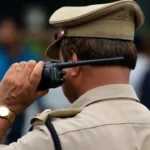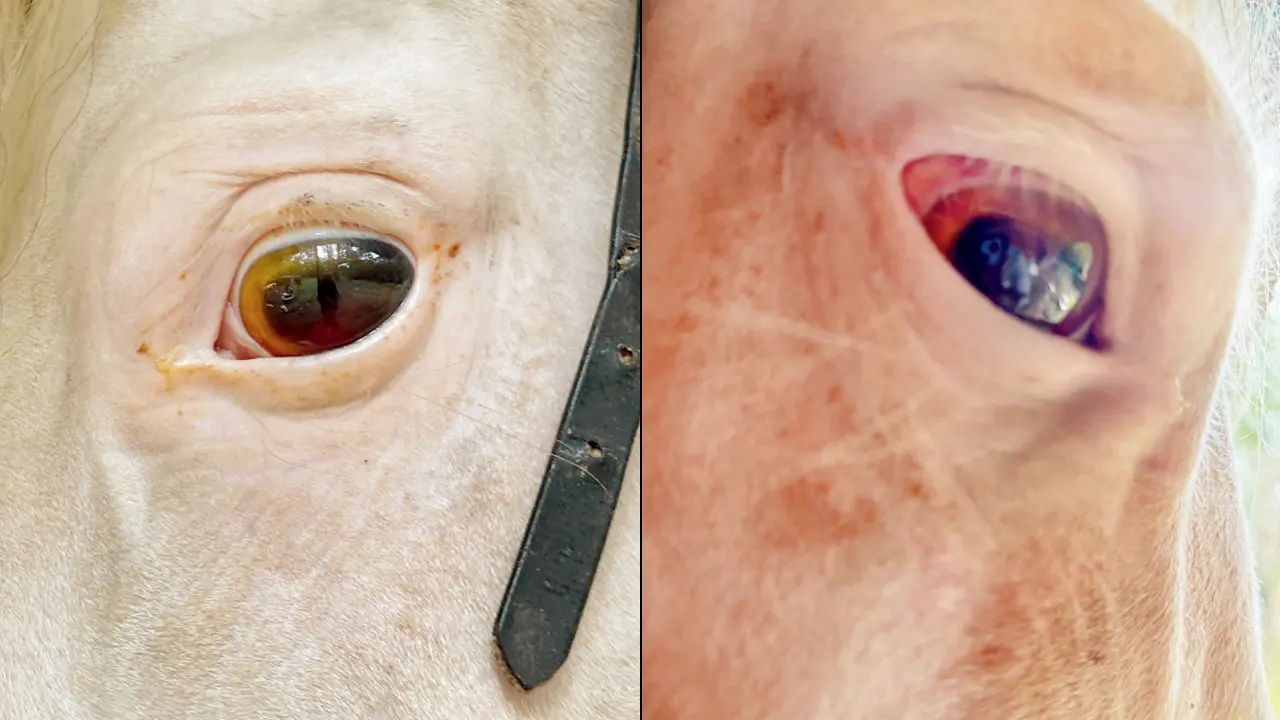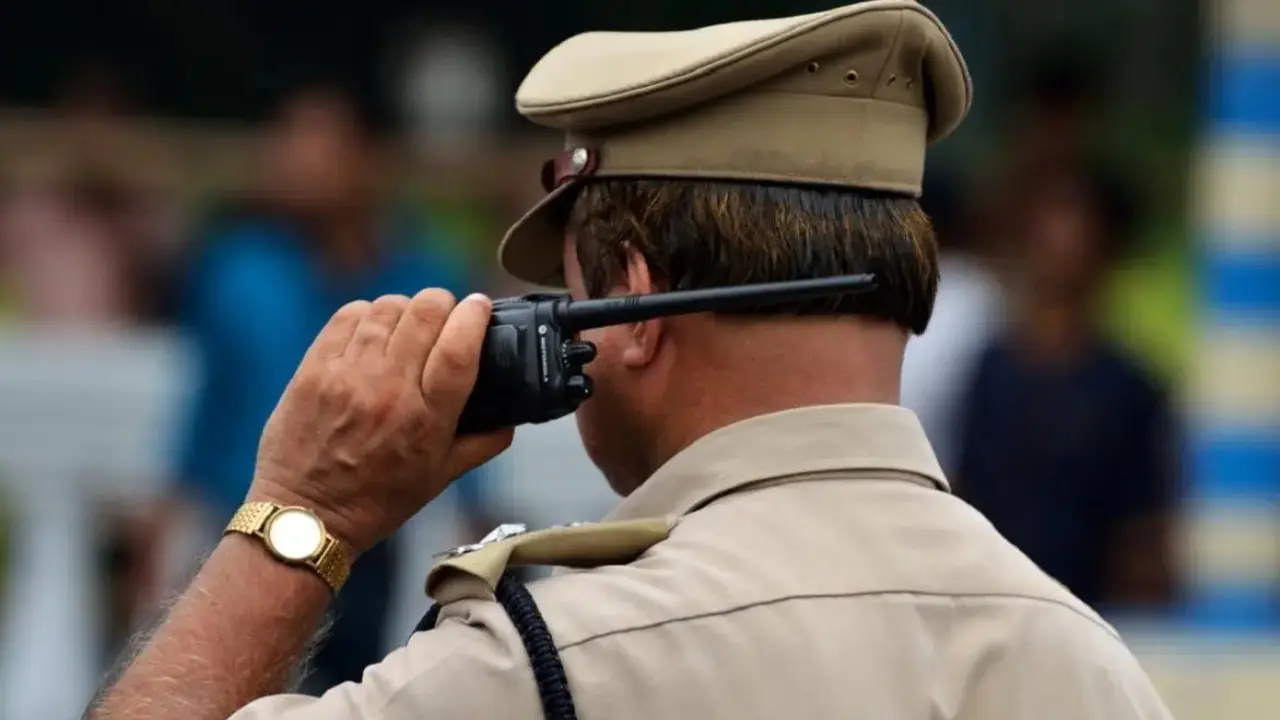A mysterious ailment is causing Matheran’s iconic horses to lose their eyesight, sparking concern among their owners. According to experts, the illness begins with blindness in one eye and progresses to complete loss of vision. So far, 10 cases have been recorded. Dr Anil P Lahane, an equine veterinarian and founder of the Pune-based organisation Ashvaseva, and his team recently visited Matheran after learning about the situation from horse owners.
He told mid-day, “A mystery disease is spreading among horses in Matheran, causing rapid and severe eye infections that can lead to complete blindness. The condition typically begins with watery eyes and mild swelling, progressing to yellowing and reddening of the eye. Within days, affected horses may lose their vision entirely. The exact cause remains unknown, though early intervention with antiprotozoal medication and prescribed eye drops has shown some positive results. At the first sign of swelling, cloudiness, or redness, contact a qualified veterinarian immediately.”
Dr Lahane also pointed out that sudden blindness in horses could result in fear, disorientation, risk of injury, and potentially dangerous behavioural changes, including running into and kicking nearby objects. He advised owners to inspect horses’ eyes daily, use fly masks and maintain strict hygiene to reduce exposure to insects. “We strongly urge the authorities to investigate this outbreak on priority. The health of Matheran’s horses and the livelihoods that depend on them are at serious risk. This is not just a disease; it is a wake-up call for urgent action,” said Dr Lahane.
Oman, the horse whose vision returned after it received timely treatment; (right) Kiaan, who lost vision in one eye. Pics/Nidhi Deepak Jadhav
Vishal Akhde, a horse owner from Matheran, said, “During the Ganeshotsav season, two of my horses, Kiaan and Oman, developed infections, resulting in swelling and a change in eye colour. This was something we had never seen before. Unfortunately, the infection led to partial blindness in both horses. We immediately informed private veterinarians, who began treatment. While Oman has recovered its vision, Kiaan seems to have permanently lost sight in one eye. The most worrying part is that Matheran does not have a full-time government veterinarian. I sincerely hope the government and authorities concerned take note of this disease and take urgent steps to prevent its spread.”
Nidhi Deepak Jadhav, another horse owner, said, “In the past 15 to 20 days, several cases of eye infections in horses have been reported in Matheran, sparking great concern. The illness begins with swelling of the eyes, followed by a change in eye colour, and by the fourth or fifth day, the affected horses start losing their vision. We immediately informed Dr Abhishek Bhosale and Dr Anil Lahane, veterinarians known to us, who visited and began treatment. So far, 10 horses have been affected, many of them suffering partial loss of vision. We urge the authorities, including the animal husbandry department, to take serious note of this outbreak and conduct a thorough investigation to prevent the disease from spreading further. The livelihoods of a majority of horse owners and caretakers in Matheran depend entirely on these horses, and their health must be protected.”
There are approximately 450 horses and around 200 ponies in Matheran, and the livelihoods of around 350 families of ghodawalas and 250 of their helpers, who ferry goods and people on horseback, depend on them for their daily bread. This newspaper has shed light on the sorry state of the government veterinary clinic at Matheran and locals’ long-standing demand for better facilities.
Official Speak
Dr Ajay Kamble, assistant commissioner of animal husbandry, Alibaug, Raigad
“Samples from the horses affected by eye infection in Matheran have been collected and sent to the Bombay Veterinary College for testing, and the results are awaited. Only after receiving the reports can we confirm the exact cause of the temporary vision loss. Our team has visited Matheran, carried out medical examinations, and initiated treatment. The majority of the horses have already recovered, and there is no cause for concern, as even the two horses that had vision loss are showing signs of improvement with their eyesight gradually returning.”











